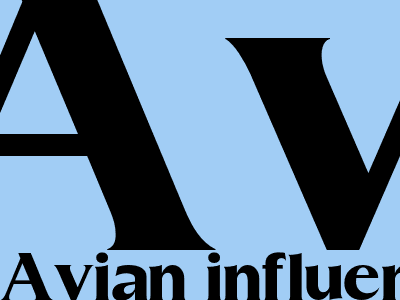
Avian Influenza: Transmission and Infection of H5N1 Virus
What is Avian Influenza?
Avian influenza, also known as bird flu, is a viral disease that affects birds. It is caused by the influenza A virus, which is divided into different strains based on the combination of two proteins on the surface of the virus: hemagglutinin (H) and neuraminidase (N). Some strains of avian influenza can infect humans, and these are known as zoonotic avian influenza viruses.
Transmission of H5N1 Virus
H5N1 is a highly pathogenic strain of avian influenza virus that can cause severe disease in birds and humans. It is primarily transmitted through contact with infected birds or their bodily fluids. This can occur through direct contact, such as handling sick or dead birds, or through indirect contact, such as inhaling contaminated dust or aerosols.
Transmission in Birds
In birds, H5N1 virus is highly contagious and can spread rapidly through flocks. It is transmitted through the respiratory route, meaning that infected birds shed the virus in their saliva, nasal secretions, and feces. When healthy birds come into contact with these secretions, they can become infected.
Transmission to Humans
H5N1 virus can occasionally infect humans who come into close contact with infected birds or their contaminated environments. Transmission to humans is more likely to occur in people who work with poultry, such as farmers, veterinarians, and slaughterhouse workers. It can also occur in people who live in close proximity to poultry farms or who handle wild birds.
Infection and Symptoms of H5N1 Virus
When a human is infected with H5N1 virus, it typically causes symptoms within a few days. The most common symptoms include fever, cough, sore throat, muscle aches, and fatigue. In severe cases, the virus can cause pneumonia, respiratory distress syndrome, and multiple organ failure.
Treatment and Prevention
There is no specific treatment for H5N1 virus infection in humans. Treatment focuses on supportive care, such as providing oxygen and mechanical ventilation, and antiviral medications may be used to reduce the severity of symptoms. Prevention is key, and this includes avoiding contact with infected birds, practicing good hygiene, and getting vaccinated against seasonal influenza.